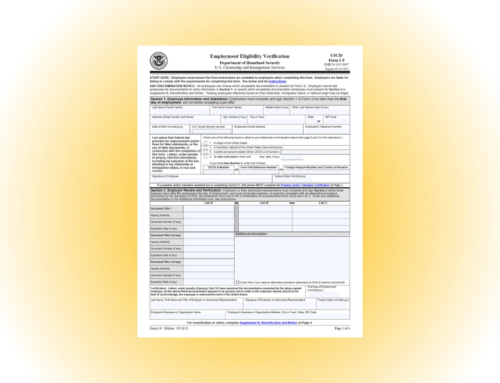Imagine a scenario where service workers get to keep every dollar of their hard-earned tips, untouched by federal taxes. This idea isn’t just a fantasy—’No Tax on Tips’ is a real proposal gaining traction, and it’s one that has garnered rare bipartisan support. Both Vice President Kamala Harris and former President Donald Trump have recently backed a plan to eliminate federal taxes on tips, showing just how significant this issue has become.
For many service and hospitality workers, tips are more than just a bonus—they’re a vital part of their income. With the federal minimum wage for tipped workers sitting at a mere $2.13 per hour, these workers rely on tips to make ends meet. The argument in favor of this proposal is simple: why should tips, seen as a voluntary gesture from satisfied customers, be taxed like regular wages? Advocates say that removing the tax would boost workers’ take-home pay and help ease their financial burdens.
Consider the numbers: about 4 million workers in the U.S. regularly receive tips, representing less than 3% of the workforce. These workers are often in lower-wage sectors, making the potential relief from this proposal even more meaningful.
But, as with any proposal, there are two sides to the coin. While the idea of exempting tips from federal taxes sounds like a win for workers, it also raises questions about how it could impact the broader economy. The “No Tax on Tips Act,” introduced by Senator Ted Cruz (R-Texas) in June of this year, seeks to exempt tipped income from federal income taxes—though not from payroll taxes like Social Security and Medicare. This bill has already drawn support across party lines, a clear sign of its potential impact.
The driving force behind this proposal is to give economic relief to those who need it most and perhaps even stimulate the economy by increasing workers’ spending power. However, critics are concerned about the potential revenue loss for the government and the challenges of accurately reporting tips if they’re no longer taxed.
So, what does this mean for businesses, the government, and the workers themselves?
Business Impacts of ‘No Tax on Tips’
For businesses, especially those in the service sector, the proposal could simplify payroll processes by removing the need to manage tip taxes. This might lead to happier employees, potentially reducing turnover and associated costs. However, businesses might also reassess their wage structures, possibly offering lower base wages if overall compensation increases. They could also need to rethink pricing strategies or service fees to maintain profitability while sharing the benefits with employees.
Government Impacts of ‘No Tax on Tips’
On the flip side, eliminating taxes on tips could reduce federal revenue from payroll taxes—money that currently funds programs like Social Security and Medicare. While the government might save on administrative costs related to tip reporting, it could also face new challenges if reporting becomes more complex under the new system.
Employee Impacts of ‘No Tax on Tips
For employees, the most obvious benefit would be an increase in take-home pay. No longer having to manage or report tip taxes could also make life easier during tax season. This extra income might boost morale and job satisfaction, potentially improving retention rates in the service industry. However, employees may need to consider how the change could affect their eligibility for certain benefits tied to income or payroll taxes.
What’s Next for the Proposal?
With a heated presidential election on the horizon and economic concerns at the forefront of voters’ minds, the ‘No Tax on Tips’ proposal is likely to gain momentum. As this legislation progresses through the necessary channels, it will undoubtedly spark more debate and discussion. Whether you’re a service worker, a business owner, or just a taxpayer, this is one issue to keep an eye on.




